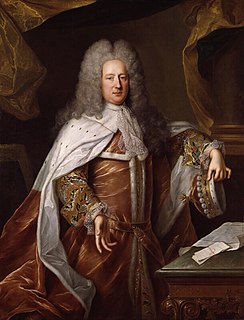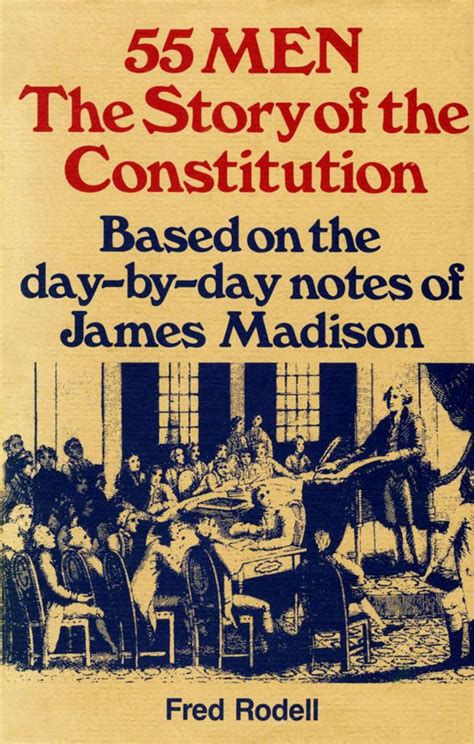A Quote by Henry St John, 1st Viscount Bolingbroke
Lawyers must pry into the recesses of the human heart, and become well acquainted with the whole moral world, that they may discover the abstract reason of all laws.
Related Quotes
We may conclude, therefore, that, in order to establish laws for the regulation of property, we must be acquainted with the nature and situation of man; must reject appearances, which may be false, though specious; and must search for those rules, which are, on the whole, most useful and beneficial.
It is the lawyers who run our civilization for us -- our governments, our business, our private lives. Most legislators are lawyers; they make our laws. Most presidents, governors, commissioners, along with their advisers and brain-trusters are lawyers; they administer our laws. All the judges are lawyers; they interpret and enforce our laws. There is no separation of powers where the lawyers are concerned. There is only a concentration of all government power -- in the lawyers.
There are three musts that hold us back: "I must do well. You must treat me well. And the world must be easy." And I sometimes think that as long as we keep the second must, which is socially learned, then some screwballs 100 years from now will manufacture atomic bombs in their bathtub and maybe annihilate the whole human race because they demand that the rest of the world must agree with their dogmas. When we don't agree, they may zap us.
We must have a new mythology, but it must place itself at the service of ideas, it must become a mythology of reason. Mythology must become philosophical, so that the people may become rational, and philosophy must become mythological, so that philosophers may become sensible. If we do not give ideas a form that is aesthetic, i.e., mythological, they will hold no interest for people.
How can we encourage other human beings to extend their moral sympathies beyond a narrow locus? How can we learn to become mere human beings, shorn of any more compelling national, ethnic, or religious identity? We can be reasonable. It is in the very nature of reason to fuse cognitive and moral horizons. Reason is nothing less than the guardian of love.
To seek the greatest good is to live well, and to live well is nothing other than to love God with the whole heart, the whole soul, and the whole mind: It is therefore obvious that this love must be kept whole and uncorrupt, that is temperance; it should not be overcome with difficulties, that is fortitude, it must not be subservient to anything else, that is justice; it must discriminate among things so as not to be deceived by falsity or fraud, that is prudence.
It is not enough that France should be regarded as a country which enjoys the remains of a freedom acquired long ago. If she is still to count in the world--and if she does not intend to, she may as well perish--she must be seen by her own citizens and by all men as an ever-flowing source of liberty. There must not be a single genuine lover of freedom in the whole world who can have a valid reason for hating France.

































